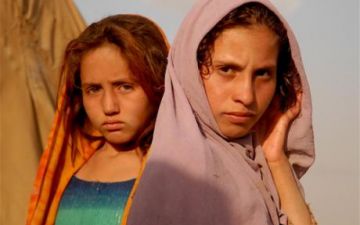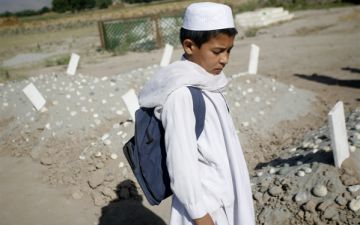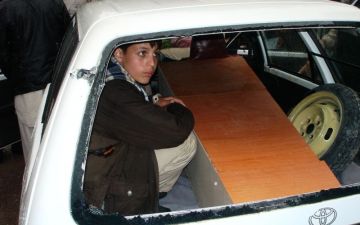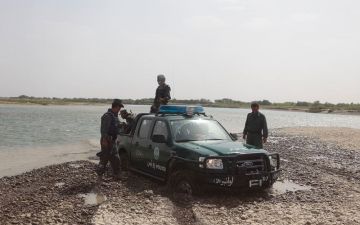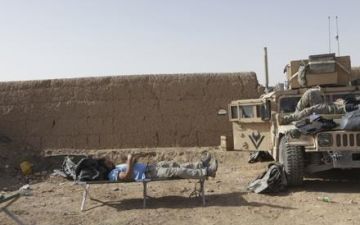A Sunni Awakening: Not So Easy in Afghanistan
It was hailed as a game-changing breakthrough in the U.S. military's effort to rally Afghan tribes against the Taliban-led insurgency. In late January, elders of the Shinwari, an influential Pashtun tribe in eastern Nangarhar province, pledged to confront militants operating in their territory and punish anyone who cooperated with them. Within weeks, however, they turned their guns on each other: a land dispute between two subclans erupted into a firefight that has left 13 people dead and another 35 injured. It has cast doubt over a U.S.
